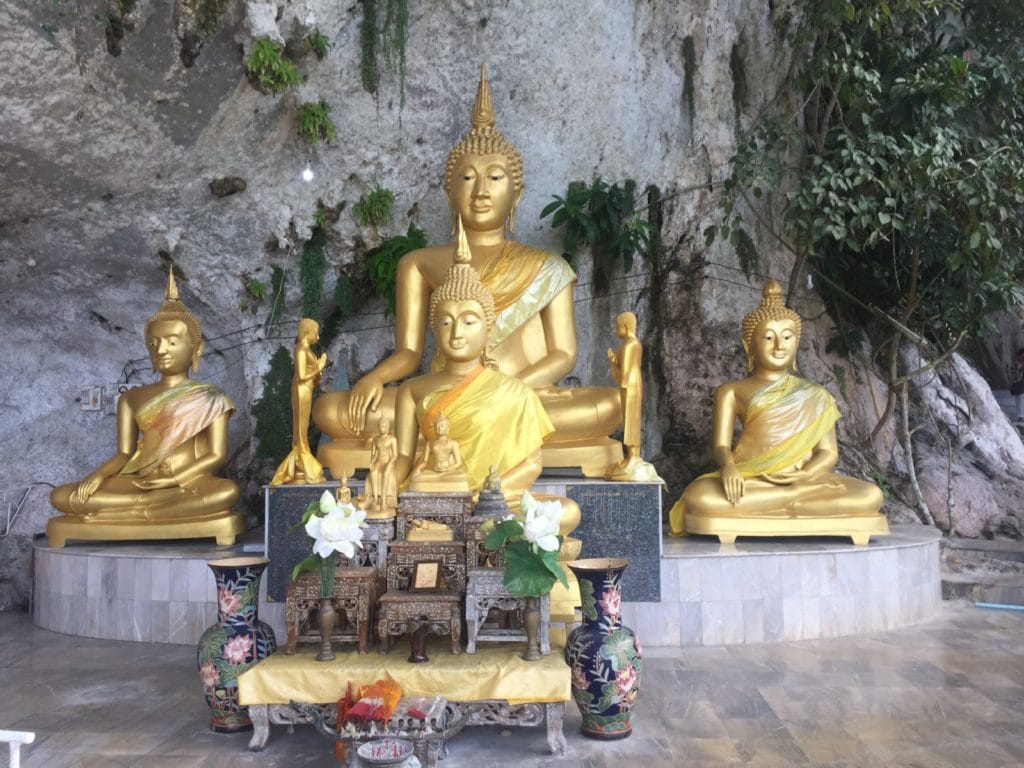Worry vs responsibility
Worry and responsibility are two very different emotions. Keeping the right measure of both helps us gain our peace of mind and also helps us be as productive in everyday life as we can be.
As Benjamin Franklin said: “Do not anticipate trouble or worry about what may never happen. Keep in the sunlight.”
Maybe sometimes you have worried yourself too much, and feel emotional, even physical exhaustion. If you have, it is time to find ways to manage your worry and anxiety before it harms you.
You are not your emotions
As no one is responsible for your emotions, you are not responsible for the emotions of other people, even it might seem like that.
Learn to accept that we and we alone are responsible for our emotions and that the only way to have them in the realistic state is to accept this truth. Once we can recognize our responsibility, we can start to do something about that. Being mindful and practicing meditation are some of the best tools to learn to accept your responsibility.
You cannot just stop worrying, you must take some action. For things, you can change, do it now. For those, you cannot learn how to accept them. The worst thing you can do is to moan and complain, slowly destroying your life.
This is the power of detachment, the one that allows you to feel your emotions without identifying with them.
Worry cannot exist in the present
We rarely worry about the problems we presently face. We are worrying about things that might happen in the future. Our mind becomes overwhelmed with uncertainty and anticipation.
The truth is that you should learn from your past, plan your future, without regrets and big expectations. Life is here and now.
Practicing mindfulness and meditation, focusing on your breath is a way to learn how to live in the present moment. You must stay firmly in the present, experiencing the present moment clearly.
Empathy
Empathy is the ability to sense other people’s emotions, coupled with the ability to imagine what someone else might be thinking or feeling. It helps a lot when dealing with our worries because it focuses on other people’s needs and troubles. Empathy is an emotional and mental tool we are using to become our better selves, integrated into society, still focused and with a calm mind.
Having empathy doesn’t necessarily mean we’ll want to help someone in need, though it’s often a vital first step toward compassionate action. This compassionate action is a goal when practicing Metta (friendly love). It helps us to be mindful and truly appreciates the things and people that we have in our lives. Of course, besides meditation and studying Buddhism, you should establish contact with your friends in need or spend time with your loved ones. This relationship is mindfulness in practice.
Realistic expectations
Have realistic expectations of yourself, set high but achievable goals. Instead of beating yourself up for not living up to everyone’s expectations, embrace your life in full, together with all its qualities and flaws. Be mindful and work to improve your qualities and to eradicate your flaws. In the meantime accept, for now, those as they are a part of who you are.
Begin now, practice mindfulness meditation as one small step towards your peace of mind. It is not enough only to meditate; you must change your state of mind. Meditation helps, but your determination will be the deciding factor in your path to mindfulness and peace of mind.
Remember: Being a worrisome person is not the same as being a responsible person. Worrying without an action to solve the problem does make you just stressed. Taking the action and taking responsibility for the outcome will make you more confident and in the end, better person.
Be responsible, but don’t worry.
The Five Spiritual Faculties
In your quest to improve yourself you can accept that your strength, according to Buddhist teachings is “The five spiritual qualities” – trust (faith), energy, awareness, concentration, and wisdom – are the greatest friends and allies on this journey to understanding. These qualities are most powerful when in balance.
Trust should be balanced with wisdom; energy should be balanced with concentration and mindfulness is a quality that balances all others and therefore it always brings us well-being.
Trust
Sometimes translates as faith, but it means to have trust and confidence in yourself, knowing that you can overcome obstacles through the power of practice. You should trust the practice to develop your insight into what Buddhism teaches, and not have blind faith in the scripture.
Energy
The energy in the Buddhist books refers to the strength of a great warrior to overcome his enemies. This strength can be mental as well as physical. We use this energy to fight inertia and laziness, and not just walking away from the things that are bothering us, but to confront them and make a change.
Mindfulness
Mindfulness is a whole-body-and-mind awareness of the present moment. To be mindful is to be fully present, not lost in daydreams, or worry. It is a core of Buddhist teachings and the core of success in our quest for inner peace.
Concentration
Concentration in Buddhism means to become so focused that all distinctions between yourself and others are forgotten. It prepares your mind for enlightenment or at least for achieving inner peace in everyday life.
Wisdom
Wisdom comes only from direct, and intimately experienced, insight. It removes the darkness of delusion and reveals the truth of what is; the true nature of everything.
The five qualities come together to allow you to advance in your path to mindfulness.
Why this is important for everyday life
Mindfulness can help you cope with many complex life situations. A calm mind and better focus are essential for comprehending situations, problems, and finding solutions. When you need to lower your stress, make important decisions, have a meaningful meeting, concentrate on your studies, show love to your family and friends. Those are all situations when calmness and empathy will help. A way to achieve that is to follow mindfulness principles and practice meditation.
How to achieve your peace of mind
There are many ways to achieve peace of mind. Meditation is one of the most helpful tools to do just that. It does not matter which technique or method you choose. It is important to be persistent in your practice and patient in expecting the results. You really must practice daily to be able to have some results. It can be hard at the beginning, but once you develop the habit, it gets much easier, and it becomes the part of who you are.
The present moment is the only place where you can decide what will be your answer to what life puts before you. The past is irreversibly behind you; there is no more, except for memories in your mind and this very moment. The future doesn’t exist either, except as thoughts in the present moment. So, all this exists is only now created through a mixture of causes and conditions, most of which you cannot control either. The only choice that is under your control is your reaction here and now.
Just be mindful, and do not give up.
If you want to know more
If you want to learn more about things I write about, check out my books. See also what the goal of this web site is.
You can check out my other post about Mindfulness.
Enjoy reading!
I invite you to use all the resources I provided for you and to share your thoughts and comments.
If you like this post, please subscribe here, get FREE E-BOOK NOW, and get a notification when future posts are published. Also, share with your friends and Like on social media using buttons below.
Share



